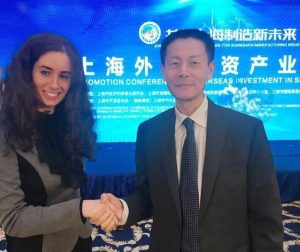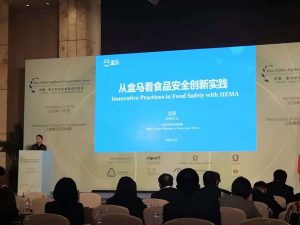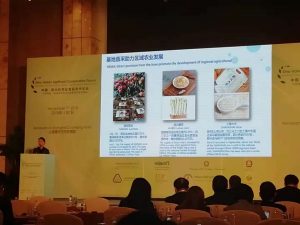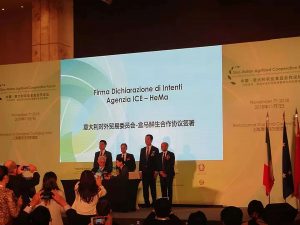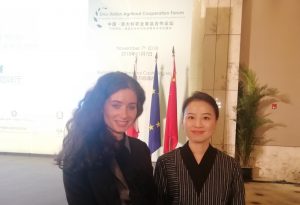China’s New Foreign Investment Law
On 31 December 2019 the State Council published the Implementing Regulations for China’s new Foreign Investment Law.
The Regulations clarify the Foreign Investment Law which came into force on 1 January 2020. The law aims to promote more equal treatment of foreign and domestic enterprises, better protect investors rights and improve protection against compulsory technology transfer. It replaces existing legislation on Wholly Foreign Owned Enterprises (WFOE), Sino-foreign Cooperative and Equity Joint Ventures (CJV and EJV respectively).
Companies that were incorporated prior to the implementation of the new Foreign Investment Law have 5 years from 1st January 2020 to continue operating under the previous laws. After that, they are expected to comply with the new Foreign Investment Law and modify their Articles of Association and Joint Venture contracts. The process of modification still needs to follow the old regulations which means unanimous vote of the Board of Directors.
According to Article 31 of the new Foreign Investment Law, the organizational form and institutional framework of FIEs will be subject to the provisions of the Company Law. Because the existing WFOE law is already largely in line with the Company Law, there will be a limited impact for existing WFOEs. Sino-foreign equity joint ventures on the other hand need to make changes to comply with the new law’s requirements (see following table). If a WFOE has more than one shareholder, the same changes are applicable.
One important change is that the new law, at least theoretically, gives majority shareholders greater decision-making power compared to the past.
During the transitional period, local bureaus of the AIC may in practice require companies to update their articles of association and joint venture agreements to bring them in line with the New Foreign Investment Law before they will process registration of any corporate changes. It is not clear yet whether companies need to get a new approval, go through supplementary record-filing, or make relevant changes to its business registrations within the five-year period.
| Company Law | Law on Sino-Foreign Equity Joint Ventures (EJV Law) | |
| Investment % of foreign investor | No restriction | Generally no less than 25% |
| Highest authority | Board of Shareholders | Board of Directors |
| Minimum number of members in the board | Permitted to have one executive director | No fewer than three directors |
| Quorum | None for shareholding meeting
1/10 shareholder voting rights 1/3 director voting rights |
Two thirds or more directors for board meeting |
| Term of directors | No more than 3 years | 4 years |
| Voting mechanism for major matters (e.g. increase or decrease of registered capital, amendment of AoA, liquidation of company) | Approval by shareholders representing more than two-thirds of the voting rights, unless otherwise agreed in AoA | Unanimous approval by directors present at the meeting |
| Profit distributions | Distributions based on proportion of paid-in capital, unless otherwise agreed by all shareholders | Distributions based on registered capital ratios |
| Equity transfer restrictions | Approval by more than half of the other shareholders, unless otherwise agreed in the articles of association | Unanimous approval by the other shareholders |
During the transitional period, local bureaus of the AIC may in practice require companies to update their Articles of Association and joint venture agreements to bring them in line with the New Foreign Investment Law before they will process registration of any corporate changes. It is not clear yet whether companies need to get a new approval, go through supplementary record-filing, or make relevant changes to its business registrations within the five-year period.
The new law needs to be interpreted in the context of China’s negative list and restricted industries. Foreign investors should be given equal treatment to Chinese firms in sectors which are not prohibited or restricted. The law states that local governments must abide by the commitments made by them within their statutory authority on the support policies, preferential treatment and facilities applicable to foreign investors when attracting foreign investment.

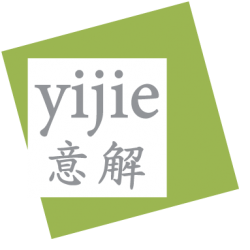

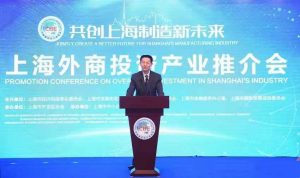 On 7th November 2018, the Shanghai Municipal People’s Government represented by the Vice Mayor Mr. Wu Qing held a Conference on overseas investment in Shanghai to introduce the 100 new measures for a more open Shanghai.
On 7th November 2018, the Shanghai Municipal People’s Government represented by the Vice Mayor Mr. Wu Qing held a Conference on overseas investment in Shanghai to introduce the 100 new measures for a more open Shanghai.
